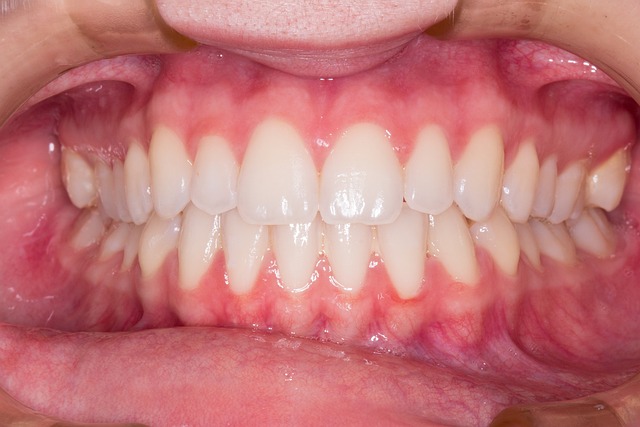Understanding Depression Tests: Types, Benefits, and Considerations
Depression is a common mental health condition that affects millions of people worldwide. Accurate diagnosis and assessment are crucial for effective treatment. This article explores various types of depression tests, their purposes, and what to expect when taking one.

What is a Depression Test?
A depression test is a tool used by mental health professionals to assess the presence and severity of depressive symptoms. These tests typically involve a series of questions about mood, behavior, and thought patterns. While not a definitive diagnosis, depression tests can provide valuable insights and help guide further evaluation and treatment decisions.
How Does a Bipolar Depression Test Differ?
A bipolar depression test is specifically designed to differentiate between major depressive disorder and bipolar disorder. This distinction is crucial because the treatment approaches for these conditions can vary significantly. Bipolar depression tests often include questions about manic or hypomanic episodes, which are characteristic of bipolar disorder but not present in unipolar depression [1].
Are Free Depression Tests Reliable?
Many websites and organizations offer free depression tests online. While these can be a helpful starting point for self-assessment, it’s important to understand their limitations. Free online tests may not be as comprehensive or accurate as those administered by healthcare professionals. They should be viewed as a preliminary screening tool rather than a definitive diagnosis [2].
What Does a Depression and Anxiety Test Evaluate?
Depression and anxiety often co-occur, and many screening tools are designed to assess both conditions simultaneously. These tests typically include questions about symptoms common to both disorders, such as sleep disturbances, concentration difficulties, and changes in appetite. By evaluating both depression and anxiety, healthcare providers can develop a more comprehensive treatment plan that addresses all aspects of a patient’s mental health [3].
How Are Depression Tests Administered?
Depression tests can be administered in various formats, including:
-
Self-report questionnaires
-
Structured clinical interviews
-
Online assessments
-
Paper-and-pencil tests
The method of administration often depends on the setting and purpose of the evaluation. In clinical settings, healthcare providers may use a combination of self-report measures and structured interviews to gather comprehensive information.
What Should You Expect After Taking a Depression Test?
| Test Result | Next Steps | Potential Outcomes |
|---|---|---|
| Minimal to Mild | Self-care strategies | Lifestyle changes, follow-up |
| Moderate | Further evaluation | Therapy referral, possible medication |
| Severe | Immediate intervention | Intensive treatment, hospitalization if necessary |
Prices, rates, or cost estimates mentioned in this article are based on the latest available information but may change over time. Independent research is advised before making financial decisions.
After taking a depression test, it’s essential to discuss the results with a qualified healthcare professional. They can interpret the findings in the context of your overall health and life circumstances. Remember that a depression test is just one part of a comprehensive mental health assessment and should not be used in isolation to make treatment decisions.
This article is for informational purposes only and should not be considered medical advice. Please consult a qualified healthcare professional for personalized guidance and treatment.




